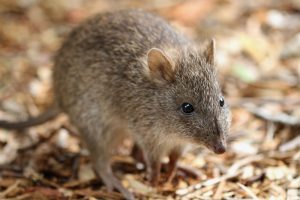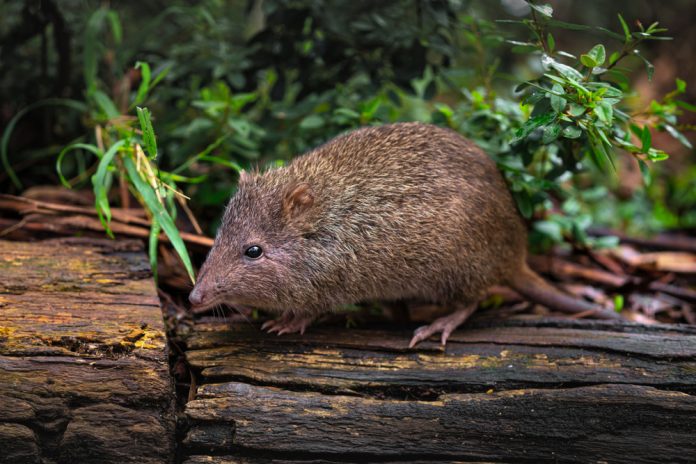The search is on for an elusive native animal with expensive taste to determine whether the species still exists in certain pockets of the Sunshine Coast.
The long-nosed potoroo is a shy, nocturnal marsupial that is listed as a threatened species.
There is speculation it still resides in pockets of Mt Ninderry Reserve after decades of land-clearing.
Coolum and North Shore Coast Care (CaNSCC) has used $28,000 in federal funding to set up 12 infra-red motion-detecting cameras in the Mt Ninderry Reserve and eight on residential properties nearby.
Delicious truffle oil is being used to try and lure out any long-nosed potoroos as truffles are their favourite food.
“Anecdotal sightings from reliable sources suggest that the long-nosed potoroo survives in this area. We know they survive in some isolated pockets of forest habitat around the Sunshine Coast,” said project coordinator Jasmine Connors.
Help keep independent and fair Sunshine Coast news coming by subscribing to our free daily news feed. All it requires is your name and email. See SUBSCRIBE at the top of this article
CaNSCC president Leigh Warneminde said the goal was to help map the distribution of remaining populations of vulnerable fauna in bushfire-prone areas.

“We know these fires are inevitable and a better understanding of these fire-sensitive species will help improve their management,” she said.
The long-nosed potoroo is listed as vulnerable in Australia and endangered in some states.
It is one of the smallest macropod (kangaroo family) marsupials and subsists on a diet of fungi (truffles and mushrooms), and plant material. A shy animal, it uses areas of dense understorey for shelter and to hide from predators.
The landcarers have already collected eight cameras and are now combing through thousands of photographs.
They will collect the rest of the cameras at the end of November and run a workshop with other volunteers to go through more photos, hoping to find evidence of the long-nosed potoroo.
Ms Connors said there was little research available about long-nosed potoroos in Queensland and she was further researching them.
“They are considered critical to forest biodiversity because they spread the spores of native truffles throughout the landscape, helping to maintain plant health and acting as ecosystem engineers,” she said.
“The animal lives along the east coast of Australia, but its numbers and distribution have declined significantly.
“They continue to face habitat loss from land clearing, habitat fragmentation and other threats, including unplanned fire and predators such as foxes, dogs and cats.”
Anyone who spies a long-nosed potoroo on their property in the Mt Ninderry area is encouraged to get in touch with CaNSCC at president@coolumcoastcare.org.au
The project is being funded as part of the Australian Government’s $14 million Landcare Led Bushfire Recovery Grants, supporting projects in regions affected by the Black Summer bushfires of 2019-20.





